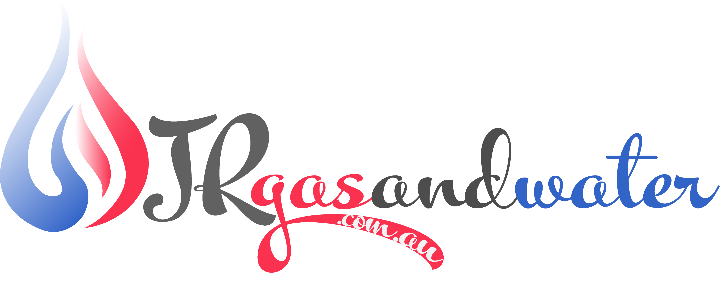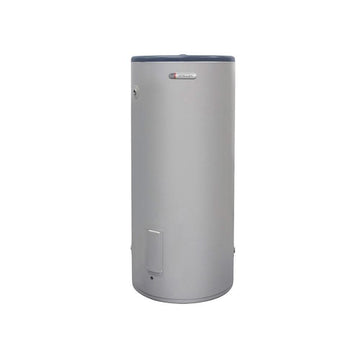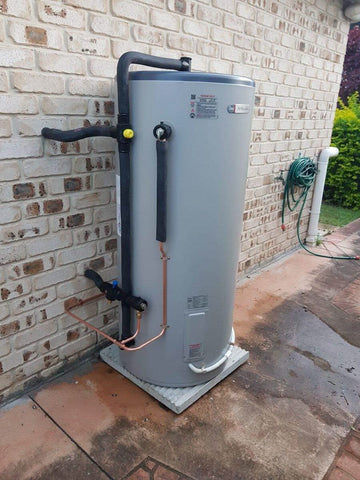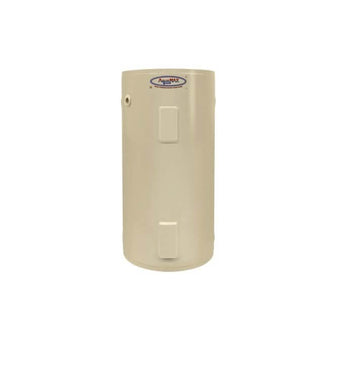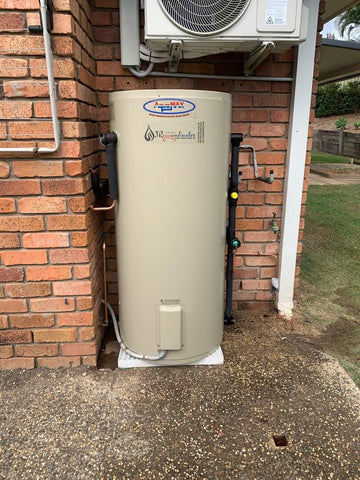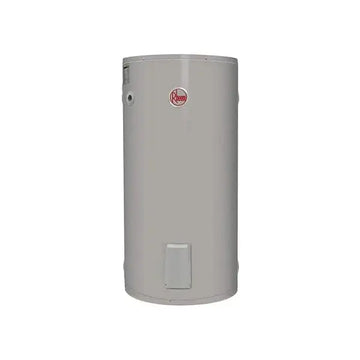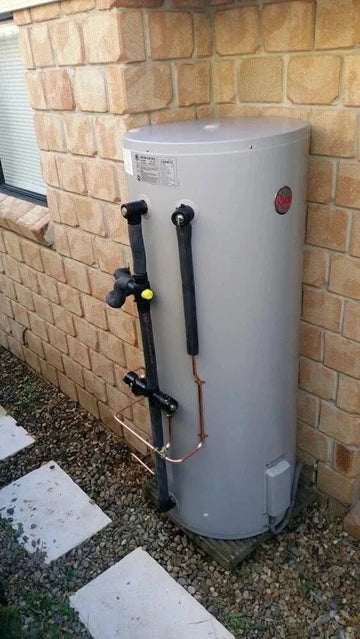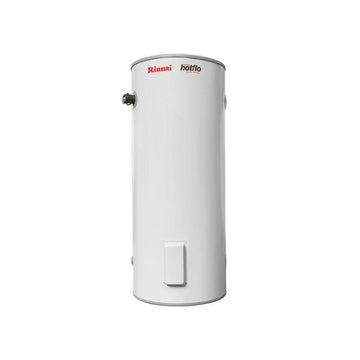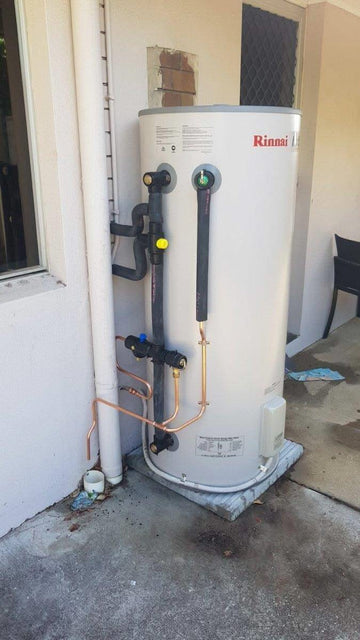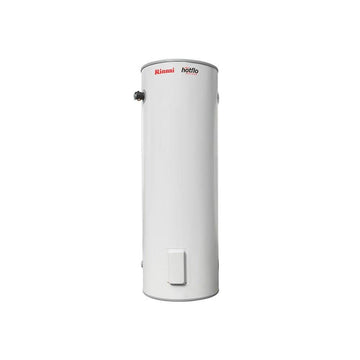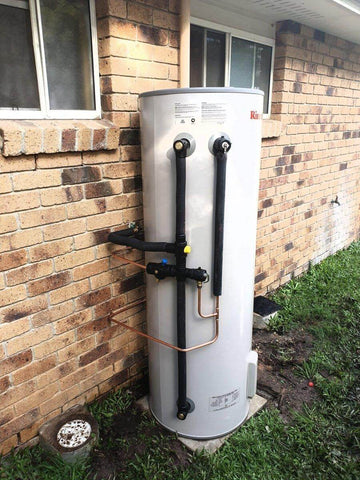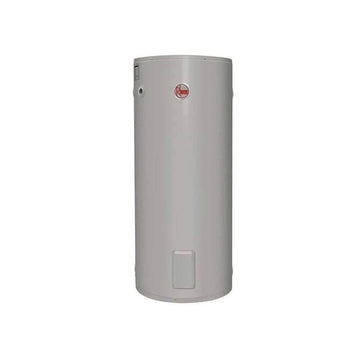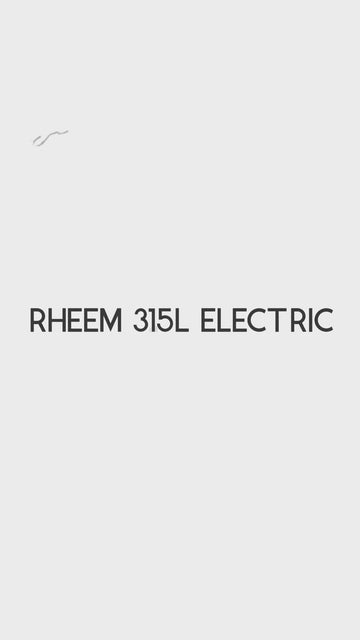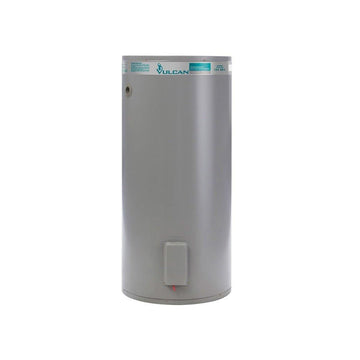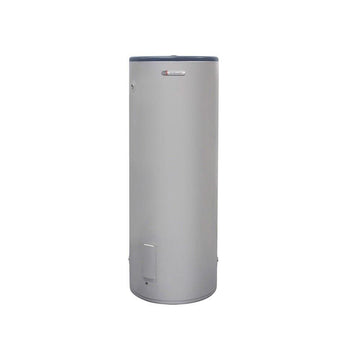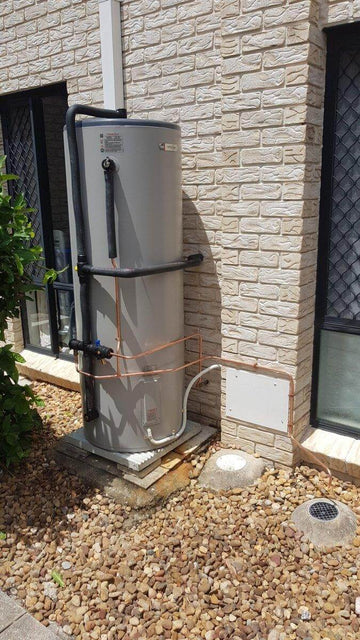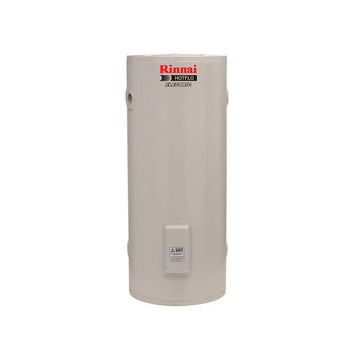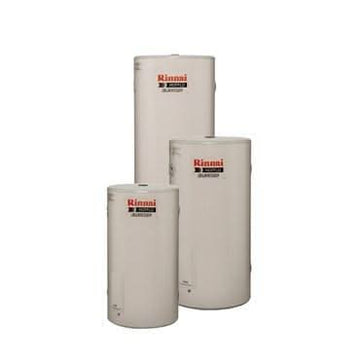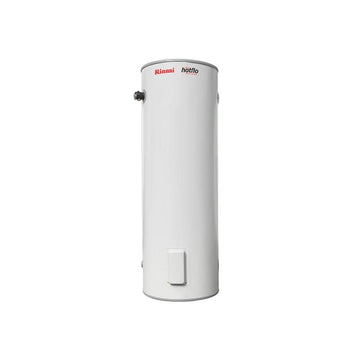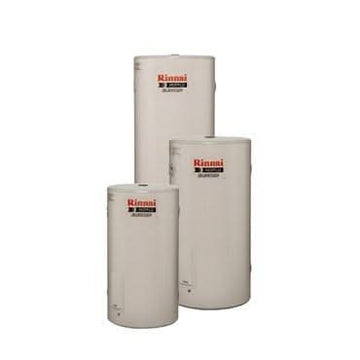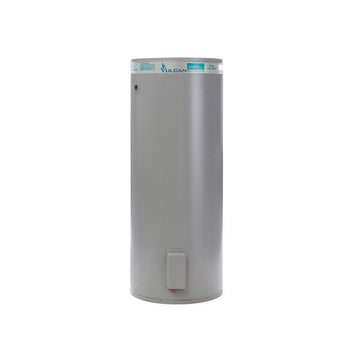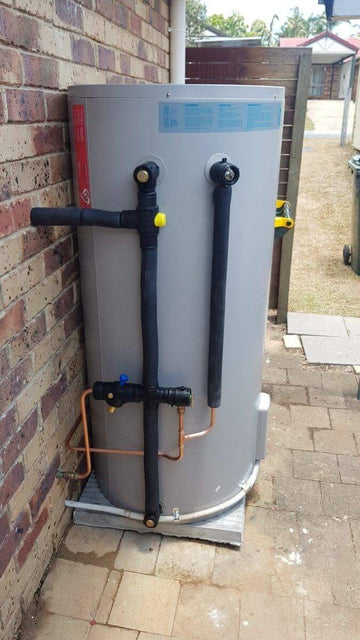Maximizing Efficiency: Your Guide to Choosing the Best Electric Hot Water System
Introduction
Selecting an electric hot water system can be a challenging task. You need a system that is efficient, cost-effective, and tailored to your household’s needs. This guide will break down the different types of electric hot water systems, how to size one for your home, and what to expect in terms of running costs and long-term savings.
Key Takeaways
✅ Electric hot water systems are available in two main types: storage-based systems (which store heated water) and continuous flow systems (which heat water on demand).
✅ Choosing the right system involves assessing your household needs, balancing cost with efficiency, and considering long-term reliability and warranties from brands like Rheem, Dux, and Rinnai.
✅ Professional installation is essential to ensure safety and efficiency, and government rebates may help offset upfront costs.
✅ Regular maintenance, insulation, and off-peak tariffs can significantly reduce operating expenses over time.
Understanding Electric Hot Water Systems
Electric hot water systems operate by heating water using immersion elements and thermostats. These systems are available in two main types:
-
Storage Tank Systems – Heat water and store it in an insulated tank until needed.
-
Continuous Flow Systems – Heat water on demand, eliminating the need for a tank and often improving efficiency.
Storage vs. Continuous Flow: Which One is Better?
📌 Storage Tank Systems: ✔ Ideal for larger households with consistent hot water demand. ✔ Can be cheaper upfront but have higher standby energy losses.
📌 Continuous Flow Systems: ✔ More energy-efficient as they heat water only when required. ✔ Never run out of hot water. ✔ Typically have higher upfront costs but lower running expenses.
💡 Choosing the right system depends on your household size, budget, and energy efficiency goals.
How to Select the Right System for Your Home
Assessing Household Hot Water Needs
Before choosing a system, determine your household’s water usage:
-
Small households (1-2 people) → Continuous flow or small storage system (50L-125L).
-
Medium households (3-4 people) → Medium-sized storage (160L-250L) or a 20L-24L continuous flow system.
-
Large households (5+ people) → Large storage tank (315L-400L) or a high-capacity continuous flow system (26L+).
Balancing Cost & Efficiency
While cheaper systems may save money upfront, more efficient models can reduce running costs over time.
📌 Energy-efficient options:
-
Heat Pump Water Heaters – Use up to 70% less energy than conventional systems.
-
Solar Hot Water Systems – Utilize solar panels for heating, offering significant savings.
-
Electric Storage Tanks on Off-Peak Tariffs – Can help lower costs when scheduled to heat water at cheaper electricity rates.
💡 Running Costs: Expect to spend between $300 - $2,000 upfront. However, energy-efficient models may pay for themselves over time through reduced electricity bills.
The Benefits of Modern Electric Hot Water Heaters
1️⃣ Energy-Saving Features
⚡ Heat pump technology reduces wasted energy by using ambient air to heat water. ⚡ Well-insulated tanks retain heat longer, lowering standby losses. ⚡ Smart controls allow for better temperature regulation and efficiency optimization.
2️⃣ Enhanced User Control
📱 Smart technology integration enables remote control of water temperature and scheduling. 🎚 Thermostat adjustments help maintain comfortable water temperatures without unnecessary energy use.
Installation & Maintenance Considerations
Choosing the Best Installation Location
📍 Factors to Consider: ✔ Accessibility for maintenance and repairs. ✔ Protection from extreme weather. ✔ Distance from main hot water outlets – Closer installations reduce heat loss and improve efficiency.
Professional Installation Process
Hiring a licensed professional ensures safety and compliance with local regulations. Installation involves: ✔ Connecting the water supply and electrical lines. ✔ Ensuring proper ventilation and insulation. ✔ Mounting the system securely and testing functionality.
Trusted Brands & Long-Term Reliability
When choosing an electric hot water system, reliability is key. Some of the most trusted brands include:
🏆 Rheem – Known for durable and energy-efficient models. 🏆 Dux – Offers innovative features and solid warranties. 🏆 Rinnai – Highly rated for continuous flow technology. 🏆 Stiebel Eltron – Leaders in heat pump technology.
📌 What to Look for in a System: ✔ Warranty coverage (5-10 years recommended). ✔ Corrosion-resistant tanks for longer durability. ✔ Strong customer support and service availability.
Government Incentives & Rebates
Government incentives can help offset the cost of switching to an energy-efficient hot water system.
💰 Australia’s Incentives Include:
-
Small-scale Technology Certificates (STCs) – Discounts based on the system’s efficiency.
-
State Rebates & Grants – Vary depending on location and system type.
📌 Visit government energy efficiency websites to check eligibility and claim rebates.
Optimizing Performance & Reducing Running Costs
1️⃣ Understanding Off-Peak Tariffs
💡 Using off-peak tariffs for storage systems can save up to 28% on electricity costs.
2️⃣ Insulation & Heat Retention
✅ Foam insulation & pipe lagging prevent heat loss. ✅ Maintaining the system prevents scale buildup and efficiency loss.
Summary
✔ Choosing the right electric hot water system requires balancing upfront cost, energy efficiency, and household needs. ✔ Continuous flow systems are more energy-efficient, while storage systems can be cost-effective when paired with off-peak electricity. ✔ Government rebates & incentives can help lower costs. ✔ Regular maintenance & insulation will optimize performance and extend lifespan.
Still unsure? Let JR Gas & Water help you choose the best hot water system for your home. Get expert advice & installation today!
